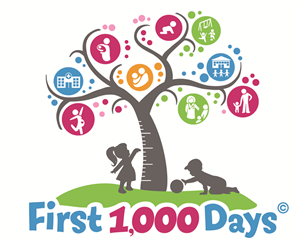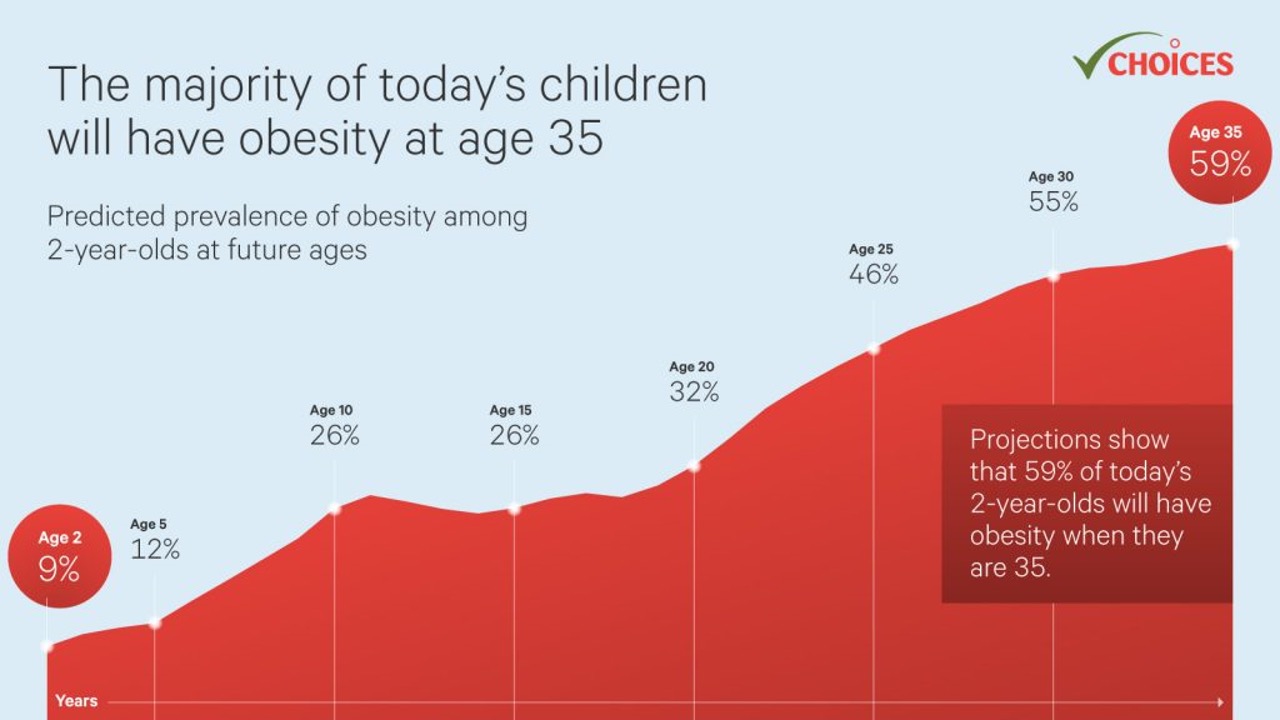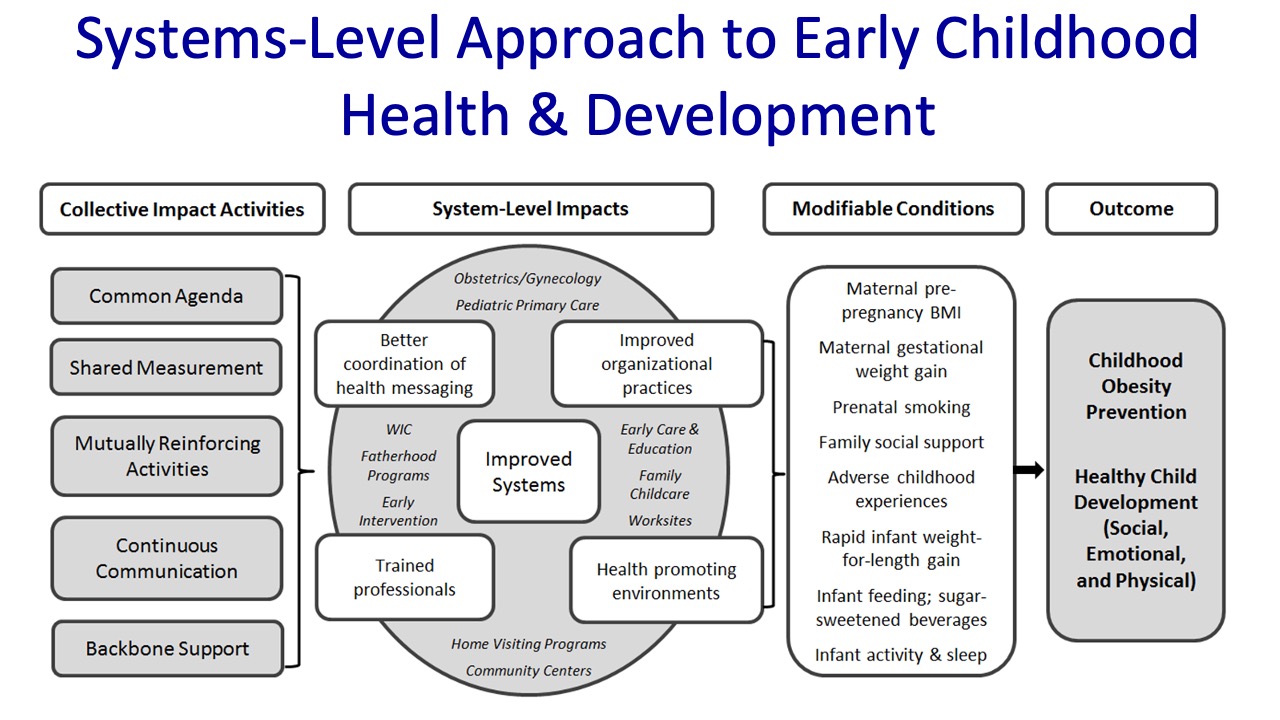Time well spent: Doctors collaborate with community partners in First Thousand Days
The First 1000 Days Program shows making systemic change can reduce obesity and improve health for parents and infants
November 4, 2021
By Elizabeth Pauley, Associate Vice President, Education to Career and Health and Wellness
On November 4, the Boston Foundation was pleased to convene a conversation highlighting the results of the First 1,000 Days research project, a five-year study designed to see if changing the systems of health supports for pregnant people and infants could improve their health and prevent excess weight gain that can lead to obesity in the parent and child.
What makes this approach powerful is that obesity affects far more than health. This is an equity issue, a quality-of-life issue, and an economic one, and it starts in early childhood. People of color have the highest rates of childhood obesity, reflecting all too common patterns of inequity in health and wellness; the First 1,000 Days presentation reported that 26 percent of Hispanic children, ages 2-19 were obese, and as were 24 percent of non-Hispanic Black children, compared to 16 percent of White children. Racial differences in obesity rates were observable in children as young as 2 years old.
These numbers are critically important since according to the Centers for Disease Control, obesity can bring with it greater risk for heart disease, stroke, type 2 diabetes and other illnesses that can diminish a person’s health and wellness, and even lead to an early death. But the toll on individuals isn’t just physical, it’s economic. Researchers at the First 1,000 Days forum noted that at current trends, 59 percent of 2-year-olds are projected to be obese by the time they are 35, resulting not only in higher medical costs, but also creating disastrous consequences for individuals’ life outcomes and straining the economy.
But doctors and researchers are quick to point out that obesity is preventable. Knowing this, in 2015, the Boston Foundation partnered with Dr. Elsie Taveras and Mass General Brigham to test a new way of working with pregnant people, their partners, and their babies. For the Foundation, this aligned closely with our interests in both Health and Wellness and early childhood. A well-established research base already has shown that learning, behaviors, and habits established during a child’s early days can set a trajectory for lifelong health and well-being.
The First 1,000 Days project sought to align the medical systems that work with families with non-medical supports that address other contributors to health—including food, exercise, and sleep, to name a few. Working with families at health centers in Chelsea, Dorchester and Revere, the program provided patients with coaching and coordinated care, so families received timely and relevant support so needed in those early days with their baby. The result? For the pregnant study participants, reduced rates of excess weight gain, anxiety and stress during pregnancy. For their babies, healthier weights at six and 12 months. For both, there was increased engagement in healthy eating, exercise and participation in programs like WIC. In other words, participating families got off to a healthier start.
What drove this? Information and collaboration across those programs that provide early life supports. Importantly, this project did not focus on changing individual behaviors. This was not about “fixing” individual parents or their children. Rather, it was about aligning the systems and community around the family, so their care was coordinated, they were equipped with helpful information, and barriers to healthy habits and behaviors were removed. As anyone who has brought a baby home knows, having trusted partners who provide timely information and support can mean so much in those early days.
These research findings present an opportunity to address health inequities within and across the medical field, and other early life systems by leveraging a now proven intervention strategy to reduce a chronic, preventable disease that disproportionately impacts people of color. It shows that by aligning across sectors and systems, we can center equity and build new ways of working together toward the shared goal of healthier children, on track to grow into healthier adults, ready to thrive.
More information about the First 1,000 Days can be found here: https://www.massgeneral.org/children/research/first-1000-days-program



